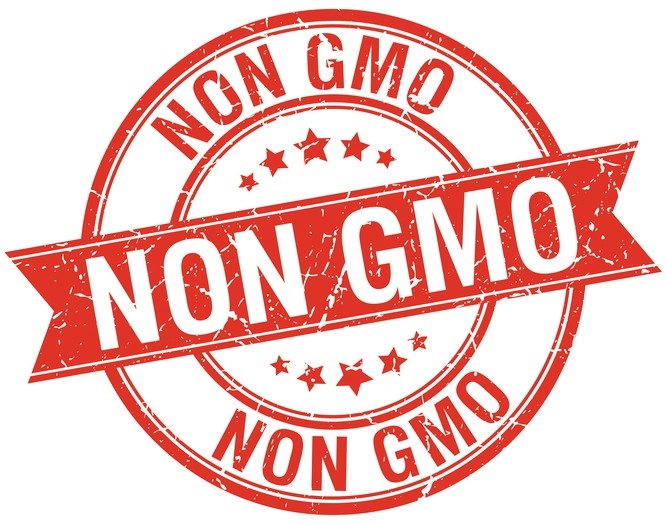German supplier sees market demand for non-GMO and EU produced feed fats

All the raw materials used in the new fats are produced and processed in the EU, said the Hamburg headquartered company. Production has been underway since Q1 2017.
“We see steady growth for these fats, we expect that demand for non-GMO and regional sourced feed components will only increase,” said Dr Tobias Gorniak from technical support at Berg + Schmidt.
In terms of the structure of milk production, in the north of Germany, the dairy farming operations are quite large and they tend to be focused on the world market - there is not much focus on non-GMO sourcing, but, in the south of Germany, and, also in Austria and Switzerland, there are a lot of small farms, with those farmers producing products for the local market, and there is a lot of demand there from retailers for non-GMO and local feed components, he said.
That regional trend set Berg + Schmidt down the road of producing EU origin fats.
BergaFat RS-300 and RSL-300 consist of hydrogenated rapeseed oil without a carrier. RSL-300 is also fortified with the essential fatty acids C18:1 and C18:2, said Berg + Schmidt.
The fats, it said, have an energy density of 26 MJ NEL/kg (according to NRC 2001), so that they can supply enough energy for milk production and maintenance of body condition, especially in the early stages of lactation.
It took some time to organize both the sourcing of rapeseed oil with guaranteed non-GMO and EU production, and the processing of these fats, said Dr Gorniak.
“At the moment, there are two to three rapeseed oil suppliers on the EU market with the guarantees we need.”
Feed inclusion
Feed producers can include these feed fats in their pellets; they can be processed more or less the same way as palm oil products by feed compounders, he said.
“The rapeseed oil fats can be used as a direct replacement for other fat sources, and could be even easier to process than palm oil derived fats as they have a higher melting point – 70 degrees Celsius – but it depends on production at each feed compound facility."
The smaller farming operations in the south of Germany, Austria and Switzerland tend to use compound feed, rather than carry out their own on-farm mixing.
However, the fats can also be added to cow rations directly by farmers, said Dr Gorniak. "On-farm application is very easy, the fats can be used as a top dressing. No special techniques are required.”
The company said it has received positive feedback from users on the efficacy of these products, but it is planning to undertake an on-farm trial of the new fats this summer in collaboration with a German Chamber of Agriculture research center. Such centers are run by local state authorities responsible for agricultural administration and applied agricultural research.
From an energy density perspective, the rapeseed oil feed fats are similar to palm fats, Dr Gorniak claimed. “We know that, physiologically, the palm oil [fats] might be better digested, but we know ruminants have a high [capacity] to digest fat so the difference is not that big. You can measure it but you will not see any effect in the animal.”











